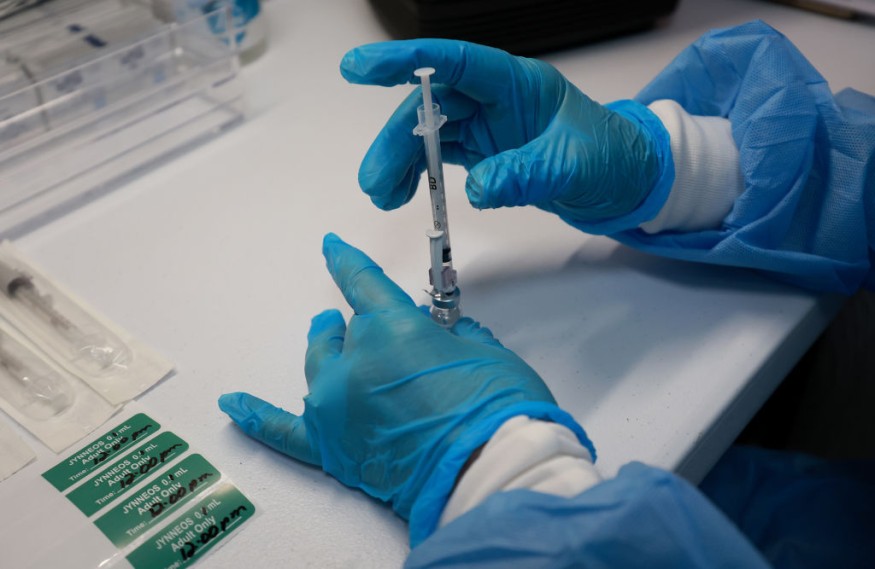Monkeypox also causes neurological and psychiatric damage to people it has infected, according to a new study. Aside from the skin rashes and swollen lymph nodes, researchers claimed the neuropsychiatric impact of the disease has been overlooked in previous studies.
Neuropsychiatric Symptoms

In the new paper published in the journal eClinicalMedicine on September 8, scientists discovered the following concerning the overlooked health impact of monkeypox infection:
- a small portion of the human population between 2-3% infected with monkeypox develop serious neurological problems such as seizure and encephalitis.
- a few numbers of study participants showed sign of confusion in a cognitive level.
- A relatively broad group of people also exhibited common neurological symptoms like fatigue, headache, and muscle ache.
As a disclaimer, the authors of the acknowledge that it is still unclear on how severe the neurological symptoms are and how long they lasted, as well as the number of people suffering from psychiatric problems such as anxiety and depression.
Lastly, the researchers are hesitant to arrive at a final conclusion since they still want to know the factors driving the neuropsychiatric symptoms for people with monkeypox, as cited by Science Alert.
What is Monkeypox?
Monkeypox is rare infectious disease caused by monkeypox virus, which belongs to the same virus family similar to the variola virus, the virus that causes smallpox, according to the Centers for Disease Control and Prevention (CDC).
Monkeypox symptoms are similar to smallpox but are rarely fatal compared to the latter which was officially declared eradicated or eliminated by the World Health Assembly in 1980. Since then, there were no reported cases of "naturally occurring" smallpox.
Prior to its eradication, monkeypox was first discovered in 1958 after two outbreaks of a pox-like disease transpired in colonies of lab monkeys kept for research. Despite it being named "monkeypox," the exact origin of the disease remains unknown to scientists and researchers alike, the CDC says.
However, African rodents and non-human primates like monkeys could carry the virus and infect people via zoonotic transmission, also known as animal to human transmission of diseases.
For decades, monkeypox has been endemic in central and western Africa until the global outbreak erupted in early May this year.
Monkeypox Cases
In its latest tally, monkeypox has a total of 57,527 confirmed cases, including 57,016 in locations with no historical record of monkeypox and 511 in locations with a historical record of monkeypox, based on the CDC's 2022 Monkeypox Outbreak Global Map as of 5:00 p.m. EDT (local time) on September 9.
The cases have transpired in 103 countries or territories, with the United States having the highest number of cases of 21,893 with no reported deaths. Among all states, California has the highest recorded cases of 4,300. It is followed by New York with 3,591 cases, Florida with 2,193 cases, Texas with 1,929, Georgia with 1,557, and Illinois with 1,141 cases.
The North American nation is followed by Spain with 6,749 cases with two deaths, Brazil with 5,726 cases, France with 3,785 cases, Germany with 3,530 cases, and the United Kingdom with 3,484 cases with no recorded deaths.
© 2026 NatureWorldNews.com All rights reserved. Do not reproduce without permission.





